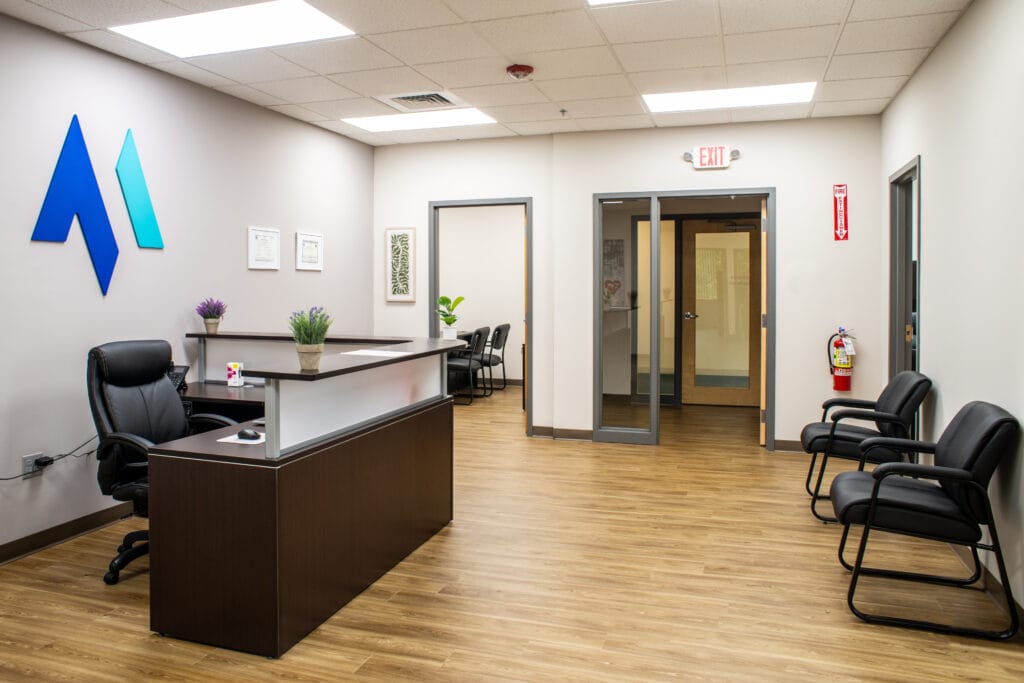Drug addiction is a complex disease that affects the brain and behavior, making it difficult for individuals to quit using substances on their own. While there are various treatment approaches available, cognitive-behavioral therapy (CBT) has proven to be one of the most effective methods for helping individuals overcome addiction. Originally developed to treat depression and anxiety, CBT has been adapted for addiction treatment and has shown remarkable success in preventing relapse and promoting long-term recovery.
In this article, we will explore how CBT works, why it is so effective, and how it can be used as part of a comprehensive drug addiction treatment plan.

CBT is a type of psychotherapy that focuses on changing negative thought patterns and behaviors that contribute to addiction. It is based on the idea that our thoughts, feelings, and behaviors are interconnected, meaning that changing harmful thoughts can lead to healthier behaviors and emotions.
CBT is a structured, goal-oriented therapy that helps individuals recognize their triggers, develop coping strategies, and build healthier habits to prevent relapse. Unlike traditional talk therapy, which focuses primarily on past experiences, CBT is present-focused and provides individuals with practical tools to manage their addiction in real time.
CBT works by addressing the underlying psychological factors that contribute to addiction. It helps individuals:
Identify Triggers: People struggling with addiction often have certain triggers that make them more likely to use drugs. Triggers can be stress, negative emotions, certain social settings, or even specific people. CBT helps individuals recognize these triggers and develop strategies to avoid or cope with them.
Change Negative Thought Patterns: Many people with addiction struggle with self-defeating thoughts such as "I will never be able to quit" or "I need drugs to deal with my problems." CBT challenges these beliefs and replaces them with more positive, realistic thoughts, such as "I have the strength to overcome addiction" or "There are healthier ways to cope with stress."
Develop Healthy Coping Strategies: Instead of using drugs as a way to escape problems, CBT teaches individuals alternative coping mechanisms. These may include mindfulness, deep breathing, exercise, journaling, or engaging in hobbies that promote mental well-being.
Improve Problem-Solving Skills: Many people turn to drugs because they struggle with handling life's challenges. CBT helps individuals develop problem-solving skills so they can manage difficulties without resorting to substance use.
Enhance Self-Control and Emotional Regulation: Impulse control is often a challenge for those with addiction. CBT provides tools for managing cravings and resisting urges to use drugs, helping individuals stay committed to their recovery.
CBT has been extensively researched and is widely regarded as one of the most effective treatments for addiction. One of the primary reasons for its success is its ability to significantly reduce the likelihood of relapse. Numerous studies have demonstrated that CBT equips individuals with effective coping strategies and relapse prevention techniques, allowing them to maintain sobriety even when faced with difficult situations.
Another reason CBT is so effective is its versatility in treating various types of addiction. It has been proven successful in helping individuals recover from alcohol, opioid, cocaine, and prescription drug abuse. Additionally, CBT is not limited to substance addiction; it is also highly beneficial for individuals struggling with behavioral addictions such as gambling and internet addiction.
Beyond addiction, CBT addresses co-occurring mental health disorders, which often play a significant role in substance abuse. Many individuals with addiction also suffer from conditions like depression, anxiety, or PTSD. Since CBT is designed to help manage these mental health challenges, it effectively reduces the risk of relapse by treating both the addiction and the underlying psychological issues simultaneously.
Unlike some short-term treatment methods, CBT emphasizes long-term recovery. It does not just focus on temporary relief but instead teaches individuals lifelong skills for managing stress, negative emotions, and high-risk situations. By doing so, it empowers them to make healthier choices and maintain sobriety in the long run.
Finally, one of the greatest advantages of CBT is that it can be used in combination with other addiction treatments. It integrates seamlessly with medication-assisted treatment (MAT), 12-step programs, and group therapy, making it a flexible and complementary approach to recovery. This adaptability ensures that individuals receive a well-rounded treatment plan tailored to their specific needs.
Cognitive-behavioral therapy (CBT) for addiction treatment is typically conducted in individual or group therapy sessions, following a structured format that helps individuals build the skills needed for long-term recovery. The process begins with setting recovery goals, where the therapist and patient work together to establish both short-term and long-term objectives. These goals may include maintaining sobriety for a set period, improving stress management, or repairing relationships that were affected by addiction.
A crucial part of CBT is identifying and analyzing triggers. Patients learn to recognize the specific people, places, emotions, or situations that contribute to their substance use. To track these patterns, they may be asked to keep a journal, documenting their thoughts, behaviors, and cravings. Once triggers are identified, the therapist helps the patient develop personalized coping strategies. These techniques are tailored to the individual's unique challenges and might include mindfulness practices, breathing exercises, or engaging in alternative activities to manage stress and cravings.
CBT also emphasizes practicing these coping skills in real-life situations. Patients are often given "homework" assignments that require them to apply what they have learned outside of therapy sessions. This could involve navigating a stressful event without using substances or implementing relaxation techniques when faced with triggers.
Finally, reviewing progress and adjusting strategies is a key part of the process. Since recovery is an ongoing journey, each session provides an opportunity to evaluate what is working, refine coping methods, and make necessary changes to the treatment plan to ensure continued success.
One of the biggest challenges in addiction recovery is preventing relapse. CBT is highly effective in relapse prevention because it teaches individuals how to recognize warning signs and take action before slipping back into substance use.
Some key relapse prevention techniques used in CBT include:
By reinforcing these skills, CBT helps individuals maintain long-term sobriety and rebuild their lives after addiction.

Cognitive-behavioral therapy (CBT) is one of the most effective treatment approaches for drug addiction. By helping individuals recognize triggers, change negative thought patterns, and develop healthy coping strategies, CBT provides the tools needed to achieve and maintain long-term sobriety.
Unlike short-term solutions, CBT equips individuals with lifelong skills that help them manage stress, emotions, and cravings without turning to drugs. When combined with other treatment methods, such as medication or support groups, CBT offers a comprehensive approach to addiction recovery.
However, while CBT is highly effective, it may not be the best fit for everyone. Some individuals may benefit from additional forms of therapy, such as dialectical behavior therapy (DBT), motivational interviewing (MI), or trauma-focused therapy. In severe cases of addiction, inpatient rehabilitation or medication-assisted treatment may be necessary alongside CBT.
At Meta Addiction Treatment, we offer all of these therapies, and more. We've tailored all of our programs to fit the needs of the individual.
If you or someone you know is struggling with addiction, contact us today.